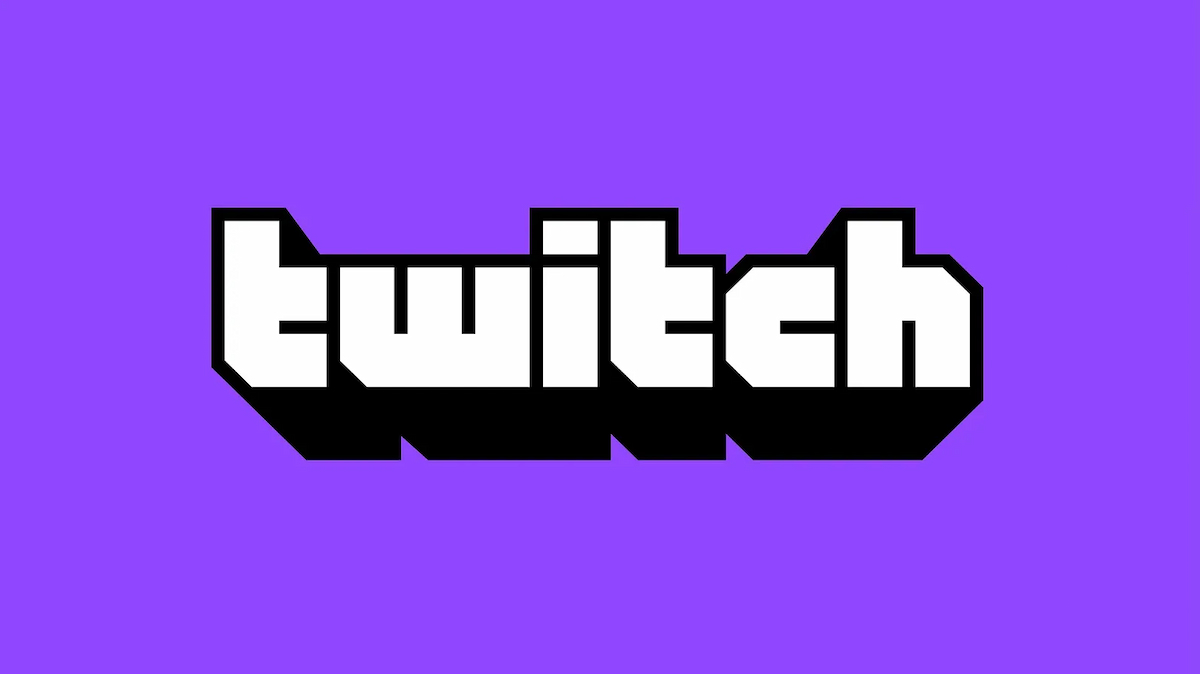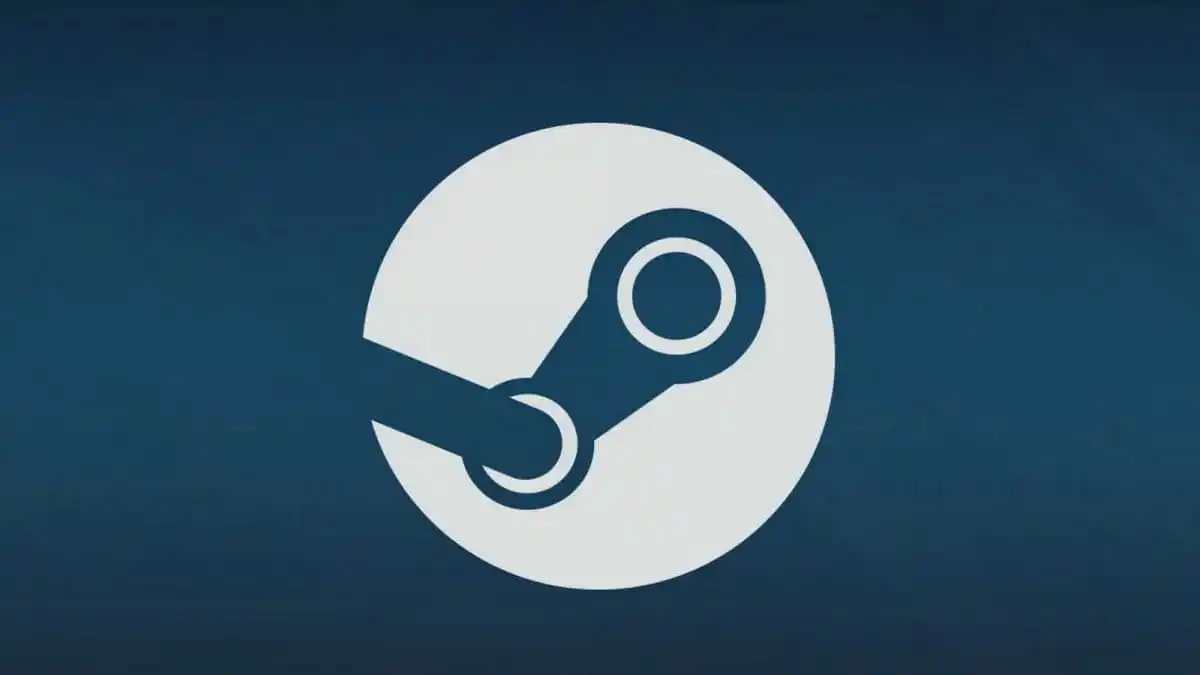The Steam Deck announcement today came as a surprise to many, though it’s not the first time a “portable PC” in the shape of a handheld has been attempted. One example of this that sticks out in my mind dates back to 2017, a few months after the release of the Nintendo Switch.
At the time, I did an interview with Chase Cobb for IndieObscura. Chase was working on an interesting handheld device called Project Scout, and it immediately caught my eye. A handheld, portable gaming PC that would let me play my Steam library on the go? Sign me up!

Photo Source: Chase Cobb, IndieObscura
Looking at the project today, a “time capsule” sort of feeling washes over me that reminds me of where technology was back in 2017, compared to where it is now.
Resources wise, technology wise, it seems like we simply weren’t there in regards to a handheld gaming PC in 2017 (a gaming PC specifically, not a handheld gaming device in general).
Brilliant attempts were made, but nothing really stuck.

Photo Source: Laptop Mag
We got close in 2020 when Alienware brought their handheld gaming PC prototype to CES 2020 called Concept UFO. However, as of the time of this writing, Concept UFO remains just that, a concept.
I imagine we’ll hear more about Concept UFO in the future as it’s clear Alienware is serious about the project, serious enough to show it as CES 2020 at least. I also imagine we’ll hear more about other devices like Concept UFO given that right now in our chaotic year of 2021, we have the Steam Deck to look forward to.
Let The Handheld Wars Begin | Thoughts on the Steam Deck

The Steam Deck boasts the same general idea as Concept UFO and Project Scout in that it’s a handheld gaming PC. I’ve heard them referred to as “Switch killers” but I have to disagree on this one.
I don’t think anything will be a Switch killer so much as one more drop in the already popular handheld gaming market. For example, if you’re disappointed in the Switch OLED, don’t worry because the OLED announcement doesn’t mean there won’t ever be a Switch Pro.
If anything, the announcement of the Steam Deck after last year’s announcement of Concept UFO increases the likelihood of a Switch Pro release in the future. The Switch OLED isn’t the first Switch variation to emerge following the Switch’s release in 2017 either, as we also have the lighter, more compact and affordable Switch Lite that debuted in 2019.

With the success of the Nintendo Switch and Switch Lite, there’s a noticeable demand for handheld gaming, along with the popularity of things like Xbox Cloud Gaming that lets you play Xbox console games on mobile devices like your phone or tablet.
When doing this, there are a plethora of accessories out there to make the experience more enjoyable, like controllers for your phone that turn it into handheld gaming device.
You could also add Google Stadia and Amazon Luna to this conversation with the ability to stream games and the portability that comes with it.

I’m rambling a bit now, but the point I’m trying to reach here is that the success (or failure) of the Steam Deck will ultimately prove less important than the overall impact the device has on the handheld gaming market.
People want the ability to play PC games that aren’t available on Switch, and they want a device that is able to mirror the capabilities of a PC at a lower price point and smaller size.
From what we know about the Steam Deck and its PC capabilities, it supports third party software which means that yes, you could even download a competitor like the Epic Games Store.
Not that you’d even want to as a Steam user, but the freedom of the device as a whole is key.

In the FAQ for the Steam Deck, Valve notes:
“The default Steam Deck experience requires a Steam account (it’s free!). Games are purchased and downloaded using the Steam Store. That said, Steam Deck is a PC so you can install third party software and operating systems.”
The bluetooth options for the Steam Deck are also of interest, and I’m curious to see how closely the device can match the experience of a gaming laptop. If it’s comparable, then the price point (despite being higher than the Switch) is fantastic as it’s priced much, much lower than the price of most budget gaming laptops.
The base price of the Steam Deck is $399.00 (USD), with a middle option with additional storage and an NVMe SSD priced at $529.00 (USD), and the most expensive “best of the best” option sitting at $649.00 (USD).

I don’t have a Steam Deck in front of me to experiment with and determine just how free and open it is at the moment as a handheld PC, and what sort of advantages it has over other handheld devices. Namely, the Nintendo Switch.
However, I imagine the Steam Deck could hold its own against the Switch in specs and price alone. You want a Switch Pro? Well, we don’t have that just yet but we do have the Steam Deck.
For $399.00 you get the base Steam Deck which includes 64GB of eMMC storage, a 7” touchscreen (1280 x 800px) with a 60Hz refresh rate, a Zen 2 AMD APU, 16GB of LPDDR5 RAM, USB-C with DisplayPort 1.4 Alt-mode support, bluetooth 5.0, HD haptics, gyro capabilities, and more.
Not to mention the software again where you can play all of your Steam games in addition to being able to download third party apps.
I cannot directly endorse emulators and ROMs, for obvious reasons, but technically you could play Nintendo games on the Steam Deck as well. People have been using these solutions to play Nintendo games on PC for a while now, and I don’t imagine they’d have too much trouble doing the same on the Steam Deck.

Again, the Steam Deck is a ultimately a PC at its core, and that’ll undoubtedly be its biggest strength in not only competing with the Switch, but more importantly, setting itself apart from it.
Meanwhile, the biggest risk to the Steam Deck isn’t the Switch or a Switch Pro either if we’re talking competition, but rather other companies (like Alienware with Concept UFO) creating something similar.
Microsoft could easily create a handheld Xbox gaming device. Why not? Sony used to have the PS Vita, they could always bring something like it back. Again, why not? As long as people are buying handheld gaming devices, new and better ones will continue to be created as a result, which is good.
Even if you have zero interest in the Steam Deck, its presence in the handheld gaming market will undoubtedly shake things up. And if the handheld gaming market continues to grow the way it’s been growing over the last 4 years, imagine what it’ll look like 4 years from now in 2025.
Let the handheld wars begin continue!
For more on the Steam Deck, be sure to check out the hands-on video of the device in action from IGN, and visit the official website for the Steam Deck.




